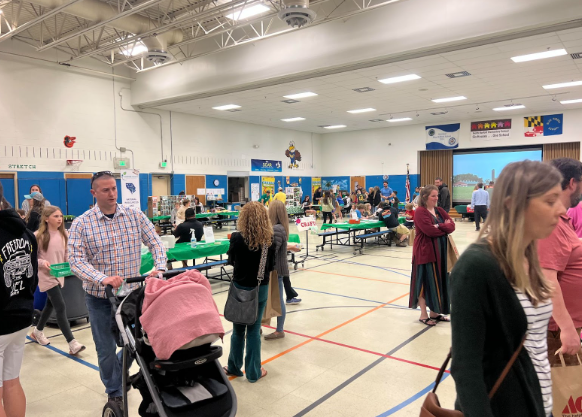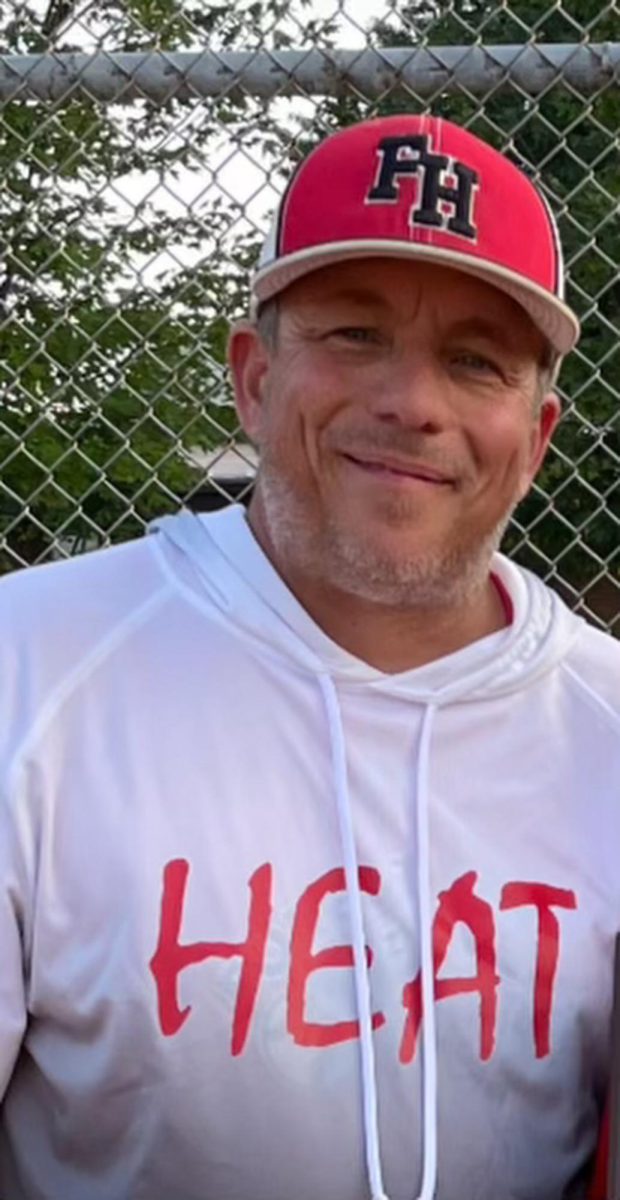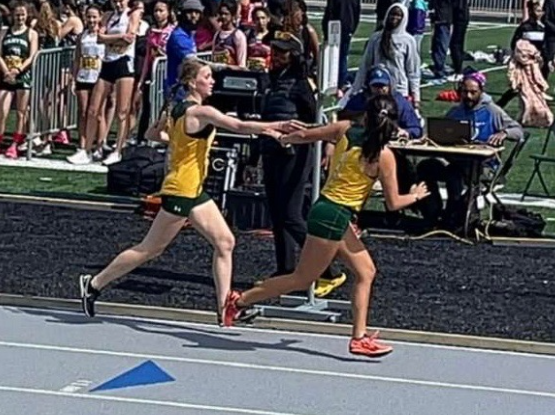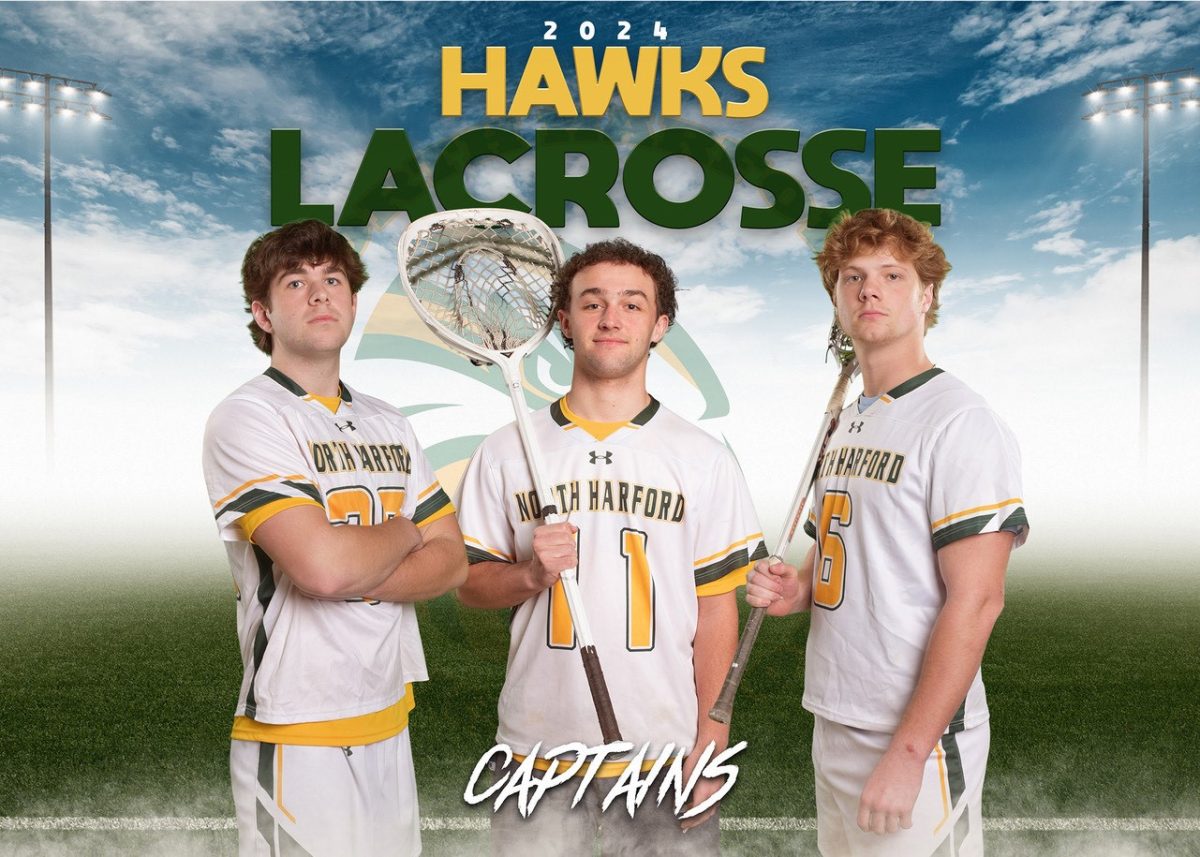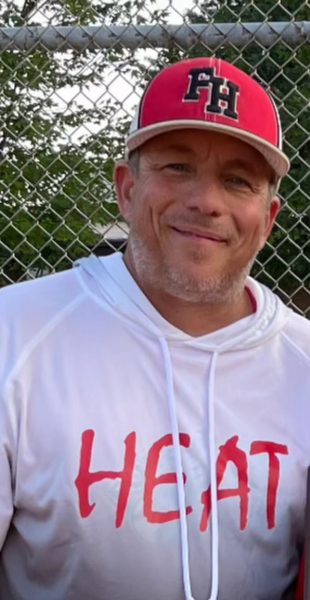Aspiring journalists get taste of college journalism; Interviewing, writing, reporting at new levels
December 4, 2017
This just in, on November 6th the journalism staff had the opportunity to go to J-Day at University of Maryland. J-Day is a field trip that welcomes schools from all over Maryland to come and learn about journalism.
Future reporters got to choose from several different sessions to help expand their knowledge. The sessions focused on yearbook, print, online and social media journalism. North Harford students also got to talk to panel of students at the Philip Merrill College of Journalism at University of Maryland. Senior Emma Marley stated, “It was a fun experience because I want to major in journalism. During the student lead sessions, it really opened my eyes to see what it would be like to be a college journalism.”
The students began their day at University of Maryland with a few words from White House Correspondent, Margaret Talev. She discussed what her average day entails and some of the challenges she has to overcome, such as keeping her opinion out of her writing. She claimed her job “is not to state my opinion but to talk to others about theirs.”
The veteran reporter advised students to “stay in touch with everyone you ever meet…some of the most effective people in life, and a lot of the really powerful or connected people I’ve meet in the course of doing stories also end up being the ones who stay in touch.”
She also added “one of the most important lessons of journalism is that everyone you meet could come back to you again kind of in another life and people are very interconnected. The kind of people that are involved in things are always going to be involved in things it just might be another thing later, you might be doing another thing later. And be honest and be true to yourself.”
Talev has been in the journalism business for years and has seen the evolution of news. “News is moment to moment, second by second and [so] social media allows you to access to news or tips about news much faster, instantaneously, but it also means that there are no boundaries at all on your work hours or personal life, it bleeds together, you’re literally always working.”
She has seen the increase of social media in our society and has seen the positive and negative effects it has had on news. She described the negative effects of social media by saying “a lot of subjects are really complicated like nuclear policy or even like a health care vote and most people don’t have the attention span anymore for the whole thing or it’s not how they receive news anymore. So if you can’t fit it in a paragraph the detail is lost to a lot of people and I think that is contributed to kind of superficiality or callousness in the way people understand issues.”
